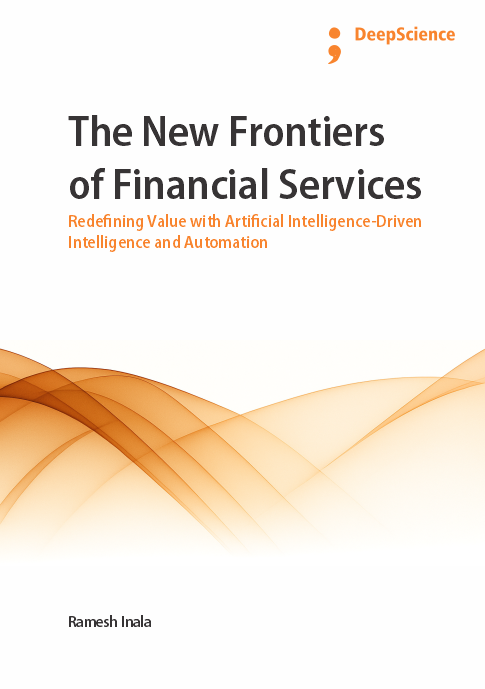Integrating blockchain and artificial intelligence to foster trust, decentralization, and predictive capability in financial transactions
Synopsis
Ongoing crises in the present-day digital economy, such as lack of trust and or excessive centralization and vulnerability in financial transactions, have stimulated innovation in the development of decentralized and trust-enabling technologies. These new technologies include, among other areas of research and development, blockchain systems, opinion dynamics, and predictive analytics. Blockchain technology, originally developed for the support of secure and decentralized cryptocurrency transactions, has evolved rapidly since its inception to provide bottom-up decentralized trust for a variety of digital transactions without the need for trusted centralized intermediaries. The potential advantages of blockchain-integration for the financial transaction processes and trust generation are sufficiently significant to be deemed disruptive. Blockchain smart contracts, in combination with other technologies that enable external data to trigger contract execution or affect contract performance are seen as a key development in this area.














